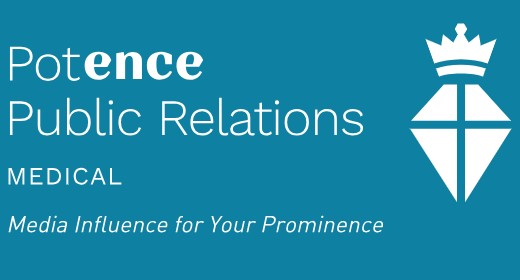In the fast-paced and information-driven landscape of healthcare, reputation management has become a critical aspect for institutions and professionals alike. A positive reputation not only fosters trust among patients but also attracts top talent, fosters partnerships, and ensures continued success in an increasingly competitive industry. Public Relations (PR) strategies play a pivotal role in shaping and maintaining the healthcare sector’s image. In this article, we will explore the challenges faced by healthcare entities in reputation management and delve into effective PR strategies to navigate this complex terrain successfully.

Challenges in Healthcare Reputation Management:
- Media Scrutiny: Healthcare organisations often face intense scrutiny from the media. Negative stories, whether accurate or not, can spread rapidly and have a lasting impact on an institution’s reputation. Managing media relations is crucial to ensure accurate and positive portrayals.
- Patient Reviews and Social Media: The rise of online platforms and social media has given patients a powerful voice. Negative reviews and experiences shared on platforms like Yelp, Google Reviews, or health-specific websites can significantly influence public perception. Healthcare providers must actively manage their online presence to address concerns and highlight positive aspects.
- Crisis Management: Healthcare is not immune to crises, be it medical errors, data breaches, or public health emergencies. Having a robust crisis management plan is essential to respond promptly, transparently, and effectively during challenging times.
Effective PR Strategies for Healthcare Reputation Management:
- Proactive Media Relations: Establishing positive relationships with the media is essential for healthcare institutions. Regularly sharing success stories, advancements in healthcare, and community involvement can create a positive narrative. Engaging in media training for key spokespeople ensures they can effectively communicate the institution’s values and achievements.
- Online Reputation Management: Actively monitoring and managing online reviews is crucial in today’s digital age. Responding promptly to negative reviews with empathy and a commitment to addressing concerns can demonstrate a commitment to patient satisfaction. Encouraging satisfied patients to share positive experiences online can also contribute to a more favorable online reputation.
- Thought Leadership and Educational Initiatives: Positioning healthcare professionals as thought leaders in their respective fields enhances an institution’s reputation. Contributing to medical journals, speaking at conferences, and participating in educational initiatives not only showcase expertise but also contribute to the overall credibility of the organisation.
- Community Engagement: Building a positive reputation within the community requires active engagement. Sponsorship of local events, participation in health fairs, and collaboration with community organisations can enhance the institution’s image and foster a sense of trust among residents.
- Crisis Communication Planning: Developing a comprehensive crisis communication plan is crucial for addressing unforeseen challenges. This includes having designated spokespersons, preparing key messages, and ensuring transparency in communication. Regularly reviewing and updating these plans will help institutions respond effectively in times of crisis.
Conclusion
In the dynamic and often unpredictable world of healthcare, reputation management is not a luxury but a necessity. Implementing effective PR strategies is essential for healthcare entities to navigate the challenges, build trust, and maintain a positive image. Proactive media relations, online reputation management, thought leadership initiatives, community engagement, and robust crisis communication plans collectively contribute to a comprehensive approach that safeguards and enhances the reputation of healthcare organisations and professionals. As the healthcare landscape continues to evolve, a strategic and forward-thinking approach to reputation management remains a key driver of success.
Navigating Healthcare Reputation Management: PR Strategies for Success
XML link | All feed
